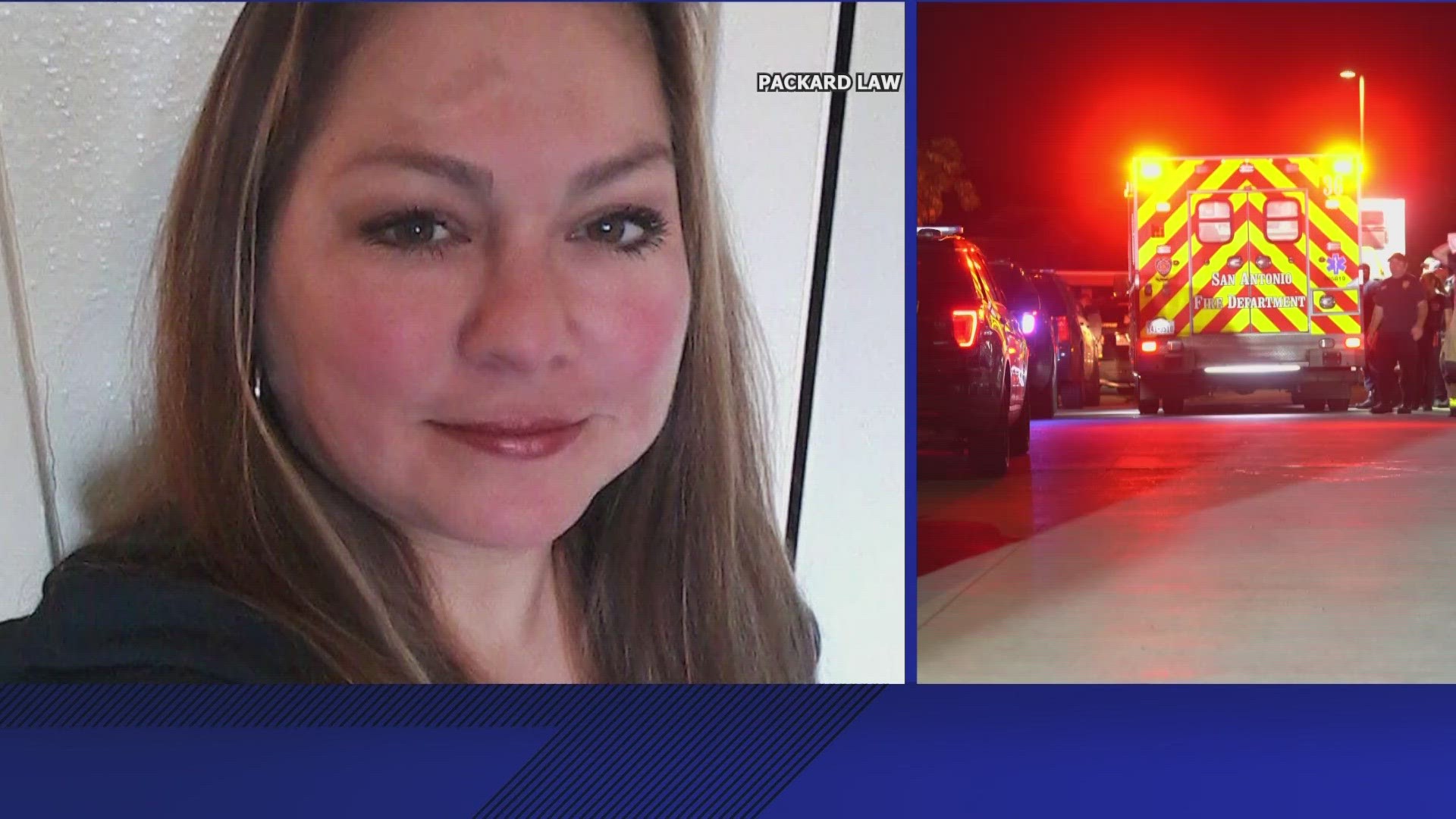SAN ANTONIO — The San Antonio Police Department’s mental health unit’s role at any scene is to take the temperature down at a tense situation, but the department confirmed the unit was not used Friday morning before officers killed a woman who was apparently in crisis.
On Friday morning, three officers fatally shot Melissa Perez, who was in her home with a hammer at the time. The chief said she was appearing to have a mental health episode and the officers did not follow the department’s protocol.
Deputy Chief Jesse Salame told KENS 5 the supervisor on scene should have called the unit.
The unit consists of 16 officers, two detectives and two sergeants. They are staffed 7 days a week from 7 a.m. to 11 p.m. However, they always have three officers on call. While this special unit has special training, since 2021, every officer in Texas must complete 40 hours of crisis intervention training.
The Alamo Area Council of Governments’ Public Safety Division teaches cadets and peace officers across the state that training. While they do partner with SAPD on certain programs, they do not teach the cadets this particular course. However, what is taught at this academy is similar to what is taught at all police academies.
“It’s important that all officers have familiarity with people in crisis because unfortunately in today’s age, we deal with them on a very regular basis,” Instructor Tom Vitacco said.
Vitacco said a large portion of the training is focused on communication.
“The main thing we talk about In de-escalation is trying to communicate with somebody where they’re not making it worse,” Vitacco said.
After learning proper communication skills, the cadets or officers use a simulator.
“Unlike a video game where it’s all about using force and shooting guns, that’s not what this is about,” Vitacco said. ”It’s about getting officers to think and work through these solutions and not every scenario involves any time of use of force.”
He said use of force is always the last resort, especially when dealing with mental health calls.
“You’re talking with them, and not at them,” He said.
SAPD does share its mental health protocol with the public. Click here to view it.

